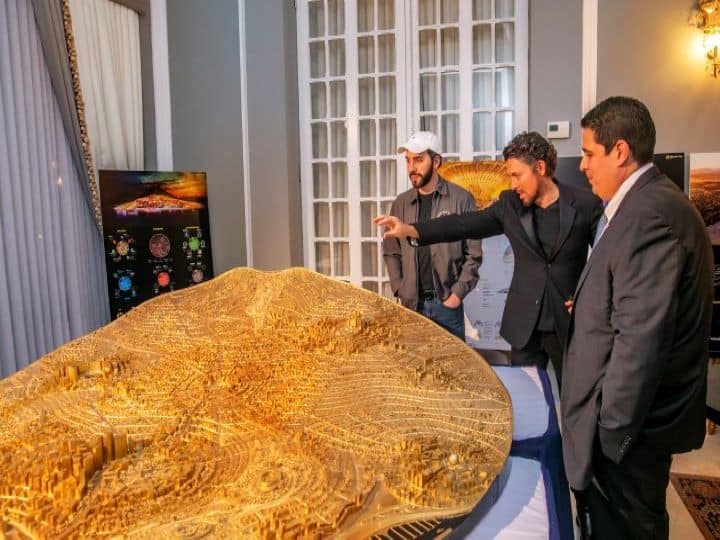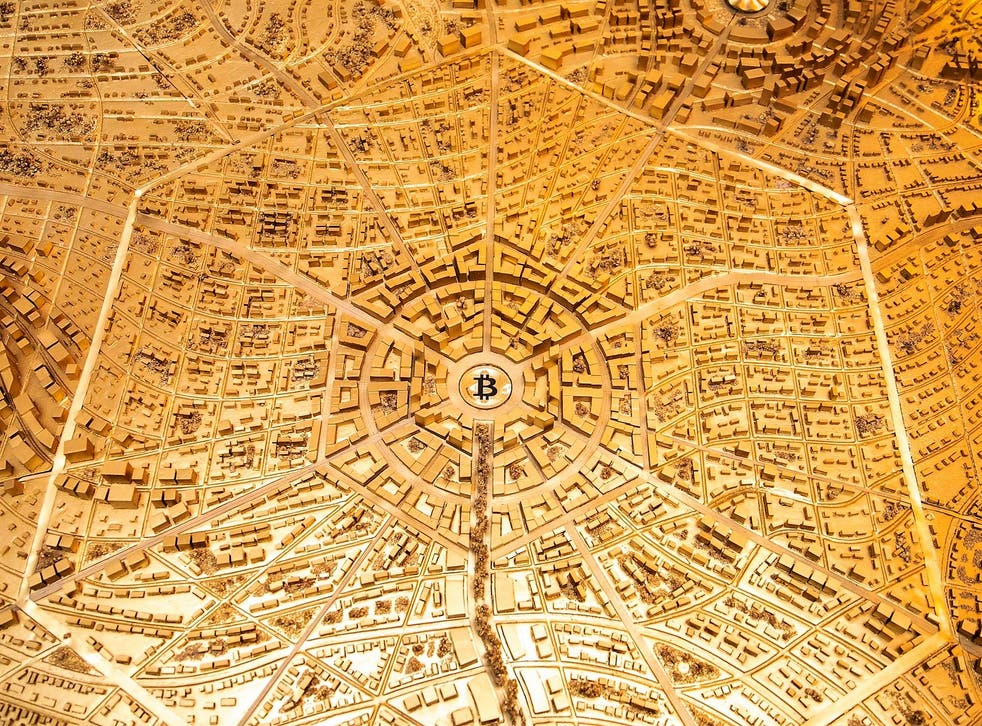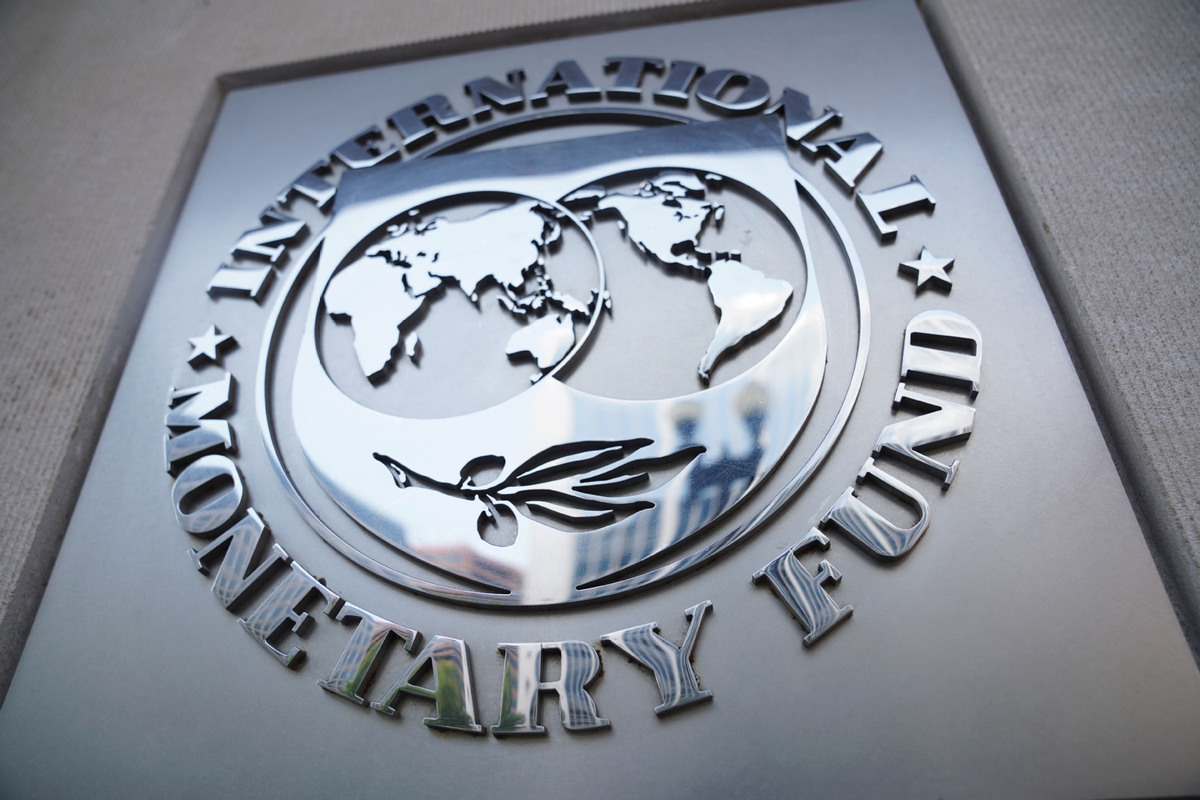
El Salvador’s President, Nayib Bukele, has released the design of the yet-to-be-built Bitcoin City. He stated that it is “coming along beautifully. (https://inboundrem.com/) ”
President Bukele shared photos of a scale model of the cryptocurrency-fueled city. It will be built near the Conchagua volcano on the Gulf of Fonseca in the southeast of the Central American country.
It is Bukele’s flagship project, as he is one of the most vocal supporters of digital currency.
The release of Bitcoin City’s architectural designs and mocked-up photos comes during a dramatic drop in the crypto market. It lost more than 50% of its value from its all-time high last November.
Bitcoin city: Crypto utopia

El Salvador, the first country in the world to accept bitcoin as an official currency last year, has poured millions of dollars into the cryptocurrency, making a new purchase on Monday when BTC was trading just above $30,000.
El Salvador had “just bought the dip,” President Bukele tweeted, acquiring an extra 500 coins for slightly over $15 million. The country now holds 2,301 bought at an average price of $36,585.
Bitcoin City was first announced six months ago during the Latin American Bitcoin and Blockchain Conference. It aims to boost economic growth and attract foreign investment.
There will be no property, income, or municipal taxes, and no carbon dioxide emissions. It thereby led some supporters to call it a “crypto utopia.”
The city will be powered by geothermal energy from the volcano, as well as mining bitcoin. It is the energy-intensive process of creating new bitcoin units.
The ambitious nationwide crypto experiment is still in its early stages, with citizens divided over its implementation.
International Monetary Fund warnings

According to a recent survey by the National Bureau of Economic Research in the United States, barely 20% of Salvadoreans use bitcoin to pay for products and services. The majority still using the US dollar.
The International Monetary Fund (IMF) has also warned that making bitcoin legal tender “entails large risks for financial and market integrity, financial stability, and consumer protection”.
One of the primary arguments against using bitcoin as a daily currency is its volatility. Its prices fluctuated between $29,000 and $69,000 against the US dollar in the last year.
Despite the IMF’s warnings, the Central African Republic became the world’s second government to adopt bitcoin as an official currency last month.


